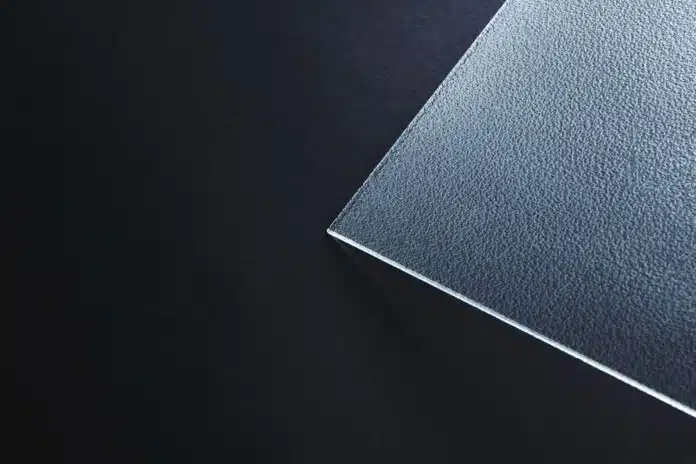
By Pranjal Malewar 26 Aug, 2024
Collected at: https://www.techexplorist.com/high-entropy-non-covalent-cyclic-peptide-glass/88403/
Glass has been essential in technology and culture because it’s clear and stable. However, traditional glass can be problematic due to toxic elements, resource use, and environmental impact. Researchers are now working on new types of glass that are biodegradable, recyclable, and better for the environment.
Scientists from the Institute of Process Engineering (IPE) of the Chinese Academy of Sciences have developed a high-entropy non-covalent cyclic peptide (HECP) glass. This new type of glass is sustainable, biodegradable, and recyclable. It resists crystallization better, is more robust, and can handle enzymes well. It’s promising for use in medicines and advanced materials.
The development of these biodegradable, recyclable glasses is based on amino acid and peptide components. These new biomolecular non-covalent glasses are a sustainable option compared to traditional glasses and plastics, benefiting the environment. However, making a stable, non-covalent glass that works well in tough conditions and avoids rejection has been difficult.
Cyclic peptides (CPs), which have a cyclic backbone joining the carboxyl and amino ends, show a greater range of biological activity, increased stability, and resistance to enzyme destruction compared to their linear counterparts.
Researchers overcame this obstacle by developing a novel method for stable, non-covalent glass based on CPs. This method called a high-entropy strategy, mixes different CPs to create an environment that prevents crystallization.
The CPs are heated above their melting points and then quickly cooled to keep them in a disordered state, forming glass. This approach can also be used with other small organic molecules to create high-entropy, non-covalent glass.
The HECP glass shows better resistance to crystallization, more robust mechanical properties, and higher enzyme tolerance than glasses made from individual cyclic or linear peptides. These benefits come from the combined effects of slow diffusion and a highly connected network within the glass.
HECP glass’s properties can be adjusted by changing its composition, making it a strong candidate for drug delivery systems that need controlled release. It can also incorporate other functional elements like dyes and nanoparticles, making it suitable for creating multifunctional, sustainable, non-covalent glasses.
Prof. YAN Xuehai from IPE said, “The high-entropy strategy has proven to be an effective method for achieving stable non-covalent glasses, though it is still confined to laboratory settings at this stage.”
Further study is required to explore the full potential of HECP glass in various applications, including the development of HECP glasses with even higher thermal stability, to enhance their optoelectronic properties, and the exploration of alternative synthesis methods that avoid the use of organic solvents or high temperatures.
Journal Reference:
- Yuan, C., Fan, W., Zhou, P. et al. High-entropy non-covalent cyclic peptide glass. Nat. Nanotechnol. (2024). DOI: 10.1038/s41565-024-01766-3

Leave a Reply